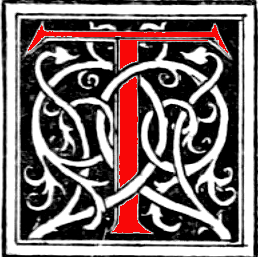The Novelist as Preacher
David Skilton
Victorian Web Home —> Periodicals —> Cardiff Times —> Samuel’s Sentiments]

he chief event in connection, with the visit of the University Extension students to Oxford was the lecture by the Bishop of Ripon on “The Prose Poems of the Day." The Bishop of Ripon said there were some novels that he might describe with a great deal of accuracy as prose poems, but he did not wish to limit himself to them. What was in his mind was simply the reflection of the enormous force which the novel had become in modern life. They could scarcely realise themselves how that force had grown and how much the condition of things had changed from what it once was. There was a day in which this younger sister of letters was looked at somewhat askance; people felt she did not come before them arrayed in the garments of wisdom. She carried frivolity within her they were perfectly certain she carried falseness on her face, and there was a shrewd suspicion that there was worse behind. In later days, however, this young sister—the Cinderella of literature—had been brought out of her obscurity, and the Prince, in the form of the public, had preferred her to the elder sisters — either poetry or history, for she held high supremacy. This must be recognised as a real force at work in the world, and it would be a very foolish thing for any great body of persons interested in the education of the country and the intellectual development of the people to put aside the consideration of the novel. The novel had taken the place of the professor's des,. and had turned the lecturer from his post and he was sure they would sympathise with him when he said that it had ascended the pulpit. He for one would say, although Othello's occupation might be gone, and the novelist took the place of the preacher, “Novelist, preach on, if you will lift men higher; we have tried all in our power; God speed you, we are brothers with one common end." [Cardiff Times 11th August 1888.]
Last modified 25 February 2022